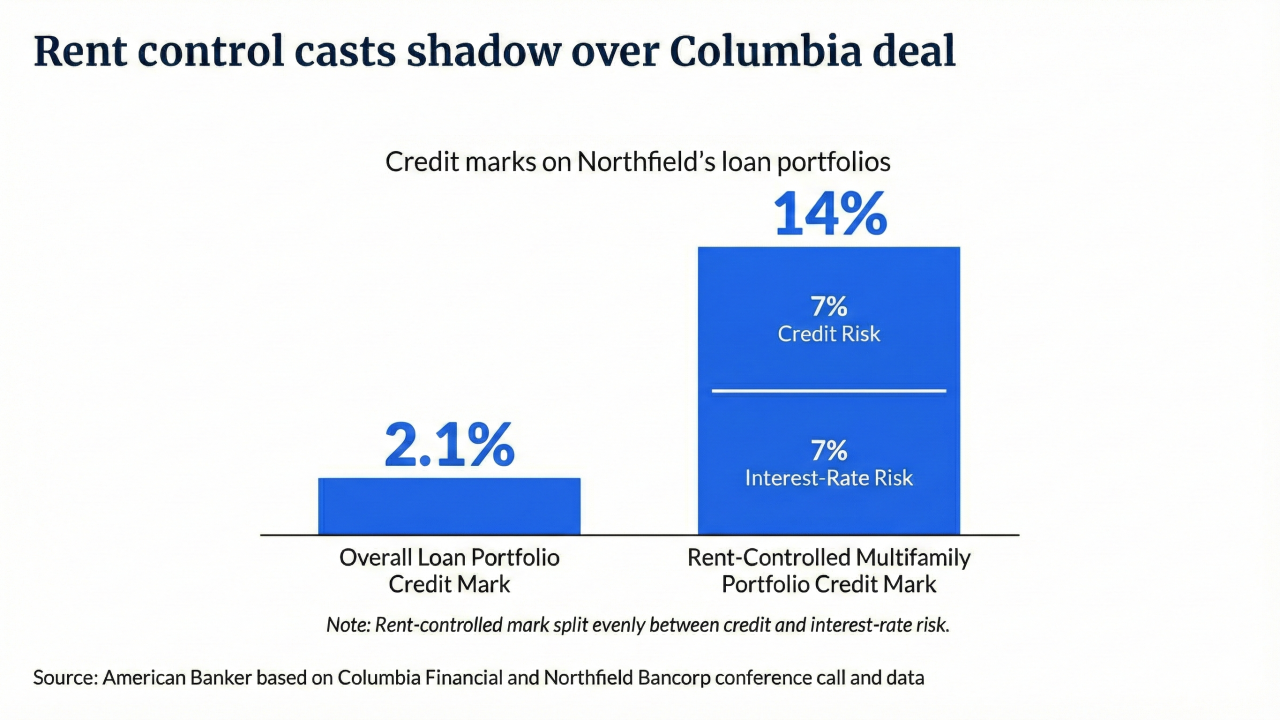
I've never read any fan fiction, but it sounds like fun. For the uninitiated, fan fiction is where an author hijacks another author's characters and world and puts them into fun and copyright-defying situations that the original author never would have considered. What if Chewie was Darth Vader's father? What if Spock and Captain Kirk were twins separated at birth? What if Iron Man and Spock teamed up with Captain Kirk and Chewie to defeat Gandalf — who was actually Voldemort all along? The possibilities are endless.
Fan fiction isn't journalism, of course. But fortunately for me this is a column, and as such I can avail myself of the same creative speculation to game out politics in Trump's Washington that fan fiction writers use to play their games.
Yesterday Bloomberg
That the administration is kicking the tires on Bessent as Fed chair is understandable — he has emerged as a trusted voice for markets in the administration and has found a way to be a credible voice in both the White House and on the Street. And selecting Bessent would not be particularly norm-busting — Treasury secretaries have been Fed chairs and vice versa several times, most recently when former Fed Chair Janet Yellen joined the Biden administration as Treasury secretary.
But one problem off the bat is that in tapping Bessent for the Fed, the White House would be filling one vacancy and creating another. But here's where the fan fiction comes in: What if he did both jobs?
There is some precedent for the Treasury secretary running the central bank. Before the passage of the Banking Act of 1935, Treasury secretaries were ex-officio chairs of the Federal Reserve Board — technically, the first Fed chair as we understand the term was Marriner Eccles.
And this is an administration that seems to have few qualms about officials wearing more than one hat: Office of Management and Budget Director Russell Vought is also the acting Consumer Financial Protection Bureau director, while Secretary of State Marco Rubio is serving as National Security Advisor, head of the U.S. Department for International Development and the U.S. Archivist.
The advantage of having Bessent in two places at once is pretty easy to understand — Bessent has the president's ear and trust, and so if he can do both jobs that's one less cook in the kitchen. Markets have been waiting anxiously to learn whom Trump will select to succeed Powell, who is a known and respected quantity on Wall Street. If markets trust Bessent, then tapping him to chair the Fed navigates a thorny nomination in a way that leaves the White House happy and the markets content.
Now to throw cold water on this whole thing. First, an important difference between Bessent running the Treasury and the Fed versus Vought running the OMB and the CFPB at the same time is that Vought is the acting CFPB director. The Federal Reserve Act holds that in the absence of a chair, the vice chair runs the show — the White House can't use the Vacancies Act to plug that hole. That means that Bessent would have to be nominated and confirmed by the Senate as a Fed governor and then be confirmed again as Fed chair.
To be sure, the Senate in the 119th Congress has been pretty deferential to the president's nominees to date. Despite some reservations, the Senate confirmed Pete Hegseth as secretary of Defense and Robert F. Kennedy Jr. as Health and Human Services secretary, among others who likely would not have passed muster not so long ago. But the Senate has
The assumption is that the markets' affection for Bessent as Treasury chief would translate into affection for him in two market-critical roles at the same time. The Treasury secretary is in some ways the White House's ambassador to the world of finance, serving an overtly political role.
The Fed chair, by contrast, is a role that is perceived —
And even if Bessent were confirmed to both roles, he probably wouldn't be able to enact the kind of rate-cutting program that
If anything, Bessent's presence atop the Fed would make the interest-rate trajectory more complicated because other FOMC participants might not want to be seen as bowing to political pressure to lower rates.
In other words, there is almost no way to imagine that the juice is worth the squeeze. That is especially true when one considers that there are plenty of other people Trump could pick to meet his needs in a more conventional way. Former Fed Gov. Kevin Warsh has been floated as a possible Fed chair for some time, as has current Fed Gov. Christopher Waller — either of whom could pass the Senate far more easily than in a Fed/Treasury combo scenario.
As I said before, Trump's Washington is one where norms are there for the busting, and nominating the sitting Treasury secretary to run the Fed would certainly bust a pretty big norm. But this scenario is a bridge too far and better suited for comic books — and cheeky columns.






